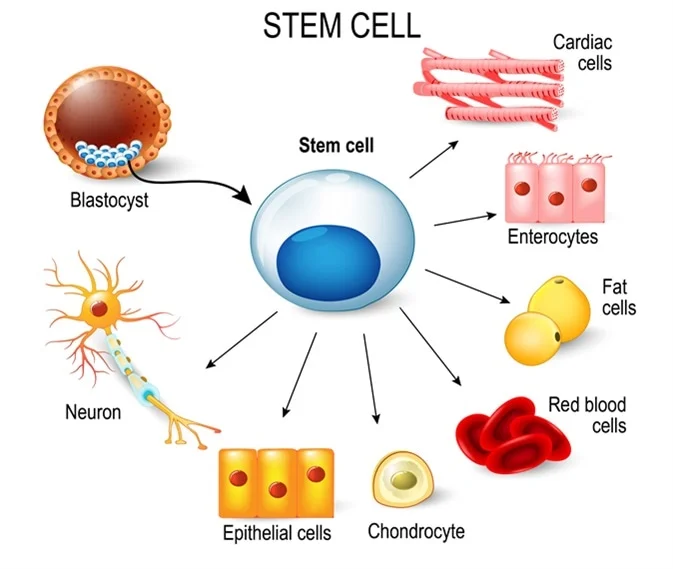Alzheimer's is a progressive neurodegenerative disease that affects memory and thinking skills. One of the most important factors that are thought to contribute to the development of Alzheimer's is the build-up of amyloid beta (Aβ) plaques and tau tangles in the brain. These deposits are made up of proteins that are associated with memory loss and other cognitive problems.
Another key factor in the development of Alzheimer's is the loss of connections between nerve cells in the brain. This can happen because of damage to the brain's cells or due to the build-up of inflammation in the brain. There is currently no cure for Alzheimer's, but there are treatments that can help manage symptoms. You can take stem cell therapy For Alzheimers disease from RENUE regenerative medicine center.

Image Source: Google
Alzheimer's is a progressive neurodegenerative disease that affects people over the age of 65. While there is no cure for Alzheimer's, research is ongoing into finding treatments and ways to slow or stop the disease. One potential way to treat Alzheimer's is through stem cell therapy. Stem cells are powerful tools for treating diseases and injuries, and they hold great potential for therapy for Alzheimer's.
There are two main types of stem cells: adult stem cells and embryonic stem cells. Adult stem cells can be found in many parts of the body, including the brain, while embryonic stem cells can only be found in the early stages of development. Both types of stem cells have the ability to turn into different types of cells, which makes them valuable for therapy.